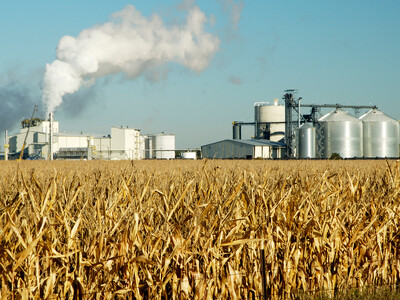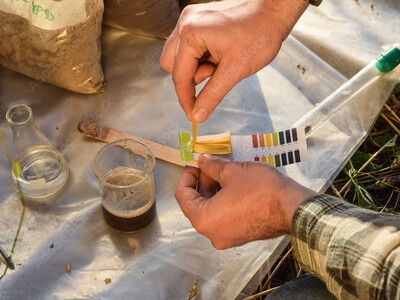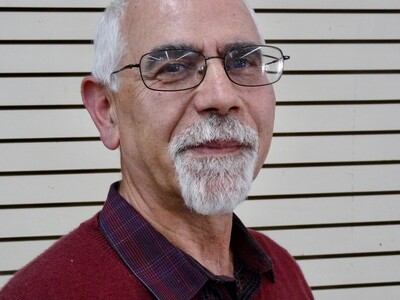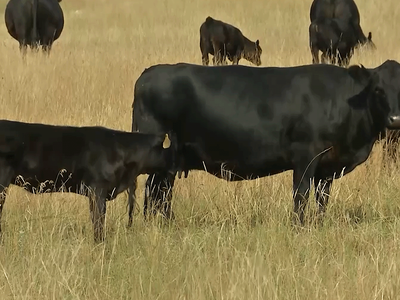Increasing Adoption of Biogas
Increasing Adoption of Biogas. I’m Greg Martin as Line On Agriculture presents the Harvest Clean Energy Report.
A recent study looked at the feasibility of promoting biogas in Washington State. Peter Weisberg, the author of the study explains.
WEISBERG: There’s a dairy and a digester out in Sunnyside, Washington in the Columbia Basin, the DeRuyter Dairy and they installed the digester I think about five years ago and the question was what could be done to make this digester more profitable. The reason that was an important question to use was that the Columbia Basin has 70% of Washington’s large dairies but only one digester project.
The whole state has seven digester projects with most of them on the west side of the Cascades where electricity prices have been higher and there is more interest in supporting biogas.
WEISBERG: We were asking the question what can be done to make the DeRuyter digester more profitable sort of with the context in mind of what can be done to get more digesters going in the Columbia Basin. And we were looking at two specific technologies that could increase the profitability of the projects. The project right now is creating biogas and combusting it in an engine to make a little bit more than a megawatt of electricity.
They wanted to know what would happen if they took that gas, cleaned it up and used it to fuel trucks, what that would do to the project economically.
WEISBERG: We were also looking at the potential to recover nutrients out of the manure at the dairy to sell as nitrogen and phosphorus fertilizer.
Weisberg talks about some of the results of the study.
WEISBERG: In general, looking just at the transportation side we found that if you’re just selling gas at sort of commodity prices and you’re not cleaning the fuel, you’re not putting it in trucks in any way, you’re just selling the gas at a commodity price, the project would probably make about the same amount of money, just slightly less than it is now selling electricity. But what we found was there is a lot of potential upside.
And he says there are renewable credits that are also available.
WEISBERG: The gas itself is worth somewhere between $3 and $4 an MMBtu but the credit is worth somewhere between $9 and $10 per MMBtu. So the credit right now is worth 3 or more times more what the gas itself is worth.
For additional information on clean energy, visit harvestcleanenergy.org. That’s today’s Line On Agriculture. I’m Greg Martin on the Ag Information Network.???www.harvestcleanenergy.org

















